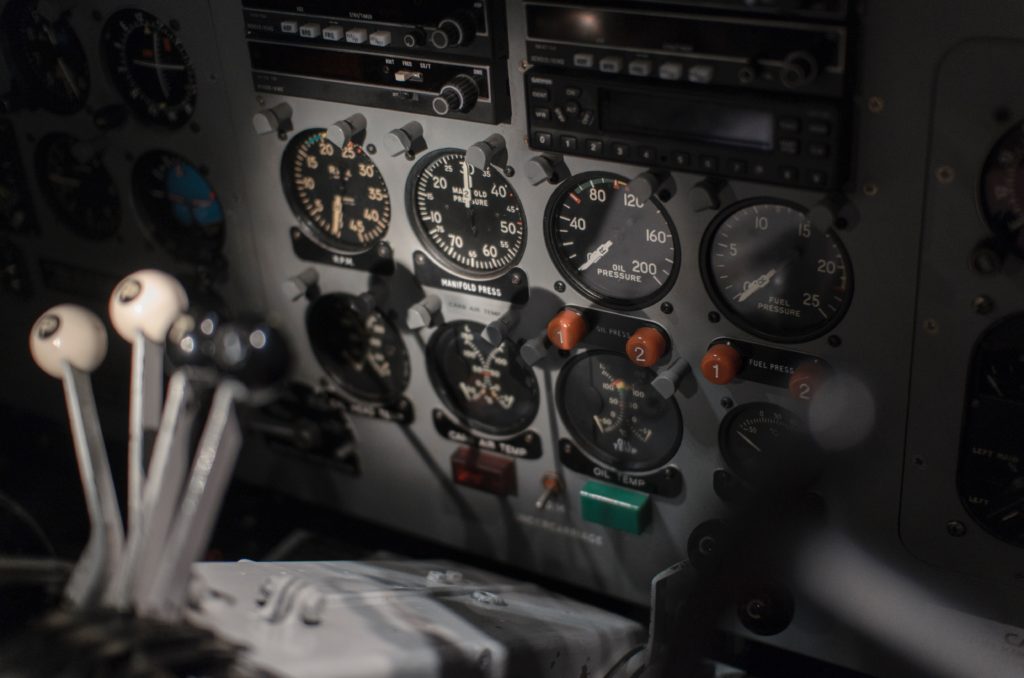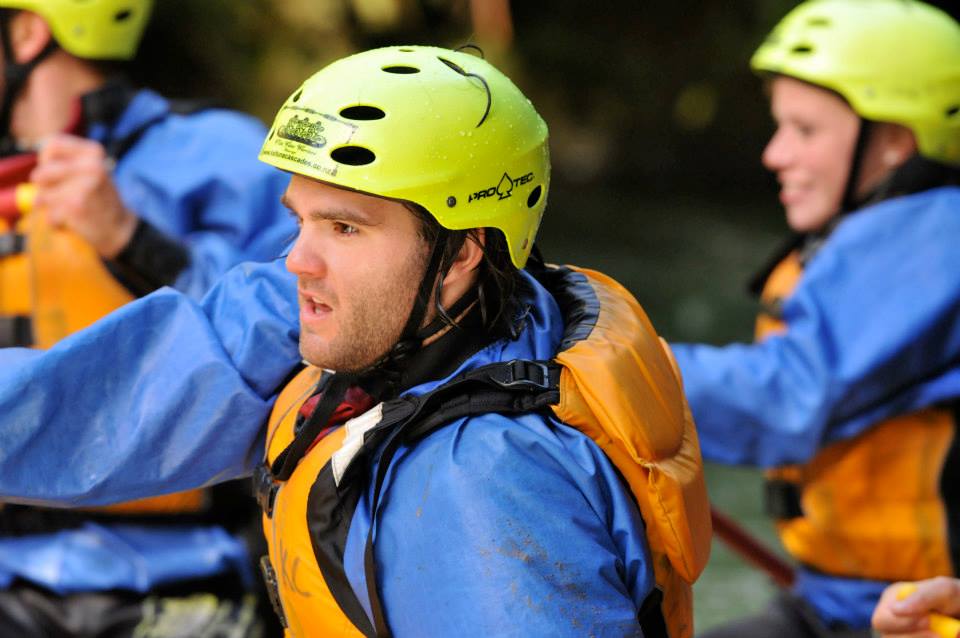This life lesson relates to my previous blog post #97 Become a Vegetarian for a Week.
My mindset before starting this challenge was naïve and I underestimated how hard the first few days would be. I did not know what I was getting myself into. Let me illustrate how I was approaching each situation.
Challenge: Be vegetarian for a week
Mindset: I can do without meat for one week
Challenge: Be vegan for a week
Mindset: This will be tough but it is only one week
Challenge: Go to the supermarket
Mindset: This may take a few extra minutes, compared to usual
I was way off with the third situation. A normal 10 minute shopping experience turned into two hours of reading labels.
I think we are all guilty of underestimating a task at some point in our lives. We typically underestimate things that we have little or no experience with. This may seem like an obvious statement but let me break it down a bit further.
When I was training to achieve my private pilot licence I had to complete a subject on human factors. Human factors studies the cognitive and interpersonal skills required to manage flight within an organised aviation environment. One of the topics covered how humans process knowledge. It was broken down into three categories: things you know you know (KYK), things you know you don’t know (KYDK) and things you don’t know you don’t know (DKYDK).

KYK – These are things that you are certain you have knowledge of. For example, I knew that I was not allowed to consume any products that came from animals. I knew that this ruled out most breads and sauces, as well as other obvious items.
KYDK – These are things that you are aware that you have little or no knowledge of. For example, I knew that I had little knowledge of the ingredients that made up each product in the supermarket. As a result, I determined that I had to read every label before I purchased an item.
DKYDK – These are things that you are not aware that you have little or no knowledge of. Phrased another way, these things that you think you have knowledge of. For example, I thought all beer was vegan friendly so during that week I purchased and consumed beer without reading any labels. It was only years later that I learned that some beers use animal products during production, making them not vegan friendly. Perhaps I consumed some of these during that week but I would not have known.
Underestimation typically occurs when our knowledge is either KYDK or DKYDK. For the former, we recognise there is a lack of knowledge and usual take action to educate ourselves and move up the scale to KYK. However, if we are naïve and perhaps stubborn, we believe the current level of knowledge we have is sufficient to begin. This causes us to move down the scale to DKYDK.
Had I been more diligent, I could have conducted more research prior to going to the supermarket. This would have helped me to identify products to avoid and would have saved me time. I also could have created a list to help me focus on what I wanted to purchase. Flavours were also an issue for me when I started eating vegan friendly food. A bit of research would have helped me when determining what products to purchase.

My university education taught me many things but one of the main skills I developed was how to be analytical. In our engineering studies we were taught to examine a situation and make sense of it. If we could not make sense of it we were taught to conduct more research to determine what we were missing. Since graduating from university I have noticed that I underestimate situations less. The key step is to know when you require further education and act on it.
Now, when I am attempting something I have never tried before or travelling to a new place, I conduct as much research as possible to prepare myself. There are always going to be unanticipated events but the more prepared you are, the less frequent these events will occur.
I hope this breakdown of knowledge and how it affects our analysis of situations is helpful to you. Next time you are trying something new, ask yourself if you understand it as best as you can. Let me know if this has been informative to you in the comments below.
Want to be notified about future posts? Subscribe below.

Dave has been on a mission, since 2010, to cross off the 100 items on his bucket list. The stories of his adventures are complimented by life lessons learned along the way and his travel tips are unique to his experiences.

